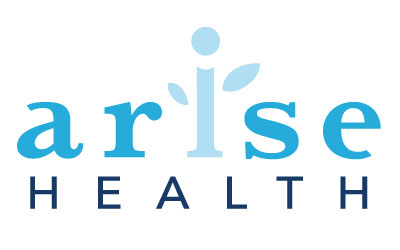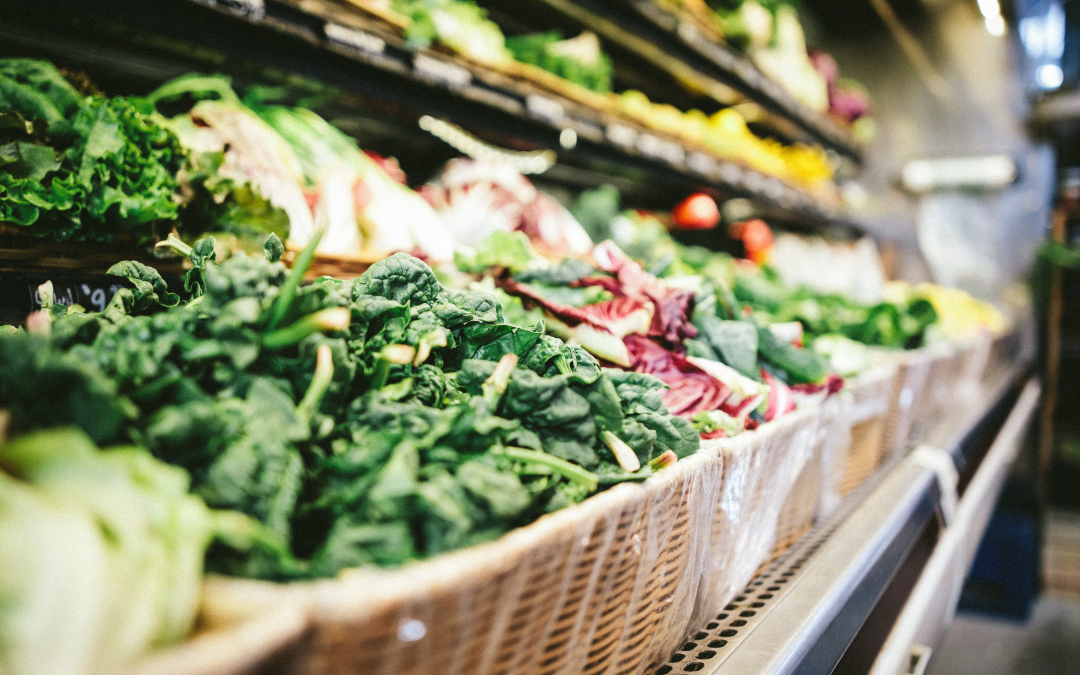by Dr Lydia Altini – Health Coach
What is the gut microbiome and why is it so important for our health?
- The gut microbiota is an ecosystem of trillions of microorganisms that live in our gastrointestinal system.
- Our microbes outnumber our human cells by 10 to 1!
- Gut microbiota breakdown and ferment non-digestible fibre to produce short chain fatty acids and gases. These short chain fatty acids strengthen the intestinal barrier and have far reaching health benefits throughout the entire body.
- The gut microbiome is deeply interconnected with our immune system, hormonal balance, mood and brain health, metabolic health and the expression of our genes. It turns the right genes on and wrong genes off.
What is dysbiosis and how does it occur?
- Dysbiosis refers to the loss of harmony and balance within the gut. There is a loss of diversity and a higher proportion of “inflammatory” microbes.
- It can result from medications like antibiotics, proton pump inhibitors, non-steroidal anti-inflammatories, oral contraceptives, food additives and emulsifiers, artificial sweeteners, alcohol, herbicides, stress, disruption of circadian rhythms, a diet high in ultra-processed food with too much sugar and fat, a diet high in animal protein and highly restrictive diets.
- Dysbiosis can lead to a “leaky gut”. Bacterial endotoxins as well as food allergens and other inflammatory compounds can easily move through the wall of the gut and into the bloodstream. Wherever they land they cause inflammation.
- Dysbiosis has been implicated in Inflammatory Bowel Disease, Irritable Bowel Syndrome, colon cancer, breast cancer, endometriosis, depression, Parkinson’s Disease, Alzheimer’s Disease, coronary artery disease, auto-immune diseases, obesity, type 2 diabetes, fatty liver, eczema and asthma.
How do lifestyle modifications restore gut health?
Making small changes in your life can help restore the balance of your microbiota as well as improve your vagal tone, activating your ‘rest and digest’ state. This leads to better gut health and overall improved general well-being. A few changes you can make include:
Diet: You can restore the balance of the gut microbiota by feeding them their preferred food – plants! Diversity is key – consuming a diet rich in plant foods is the number one predictor of a healthy gut. Aim to eat 30 or more different plants each week. This includes fruits, vegetables, whole grains, nuts, seeds, legumes, herbs and spices.
Physical Activity: Regular exercise has been shown to increase the beneficial microbes in our gut. Any movement that is slow and mindful like Tai Chi, yoga or walking will help improve
vagal tone, activating your “rest and digest” state. The most important thing is that you find something you enjoy so that it isn’t a chore to do every day.
Nature: Did you know that adults that exercise outdoors have more diverse microbiomes? Get out in nature for at least 30 minutes. To truly make the most of it, try to experience it using all of your senses and by reducing interruptions. It would be a great time to turn your phone off and really take in the fresh air!
Sleep: Sleep powerfully promotes better heath for you and your microbes. Get adequate and quality sleep. Aim for 7-9 hours of sleep per night and try to keep a regular sleep-wake schedule.
Stress: The stress hormone cortisol can alter the balance of your gut microbiota and change the structure and function of the gut. Self-care and stress management are key. Practice mindful eating by sitting down at the table, turning off your phone and take the time to enjoy the taste of your food. Chew your food well!
Meditation, yoga and Tai Chi are helpful mind-body interventions that help lower tension in the body. Unwind by enjoying a calming, repetitive activity such as knitting, crocheting, colouring, painting, kneading bread, or gardening. Massage therapy is also very effective at lowering stress and releasing tension in the body.

